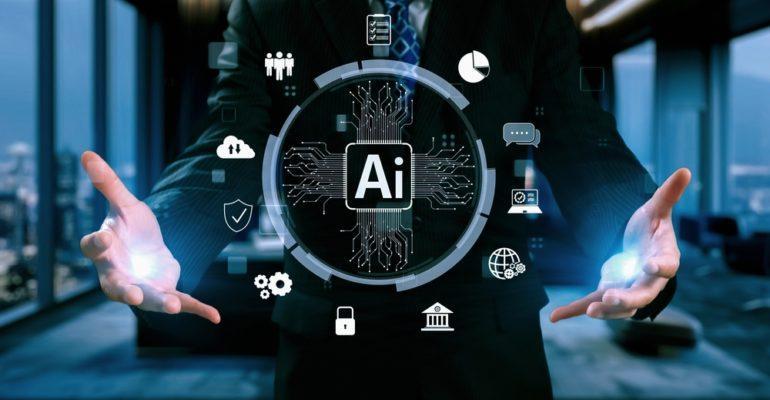What is AI

At its core, AI is the ability of a machine to think and learn like a human. It’s when computers or robots are programmed to do tasks that normally need human intelligence — like solving problems, recognizing faces, understanding language, or making decisions.
Think of AI as giving a brain to a computer.
It doesn’t think exactly like us, but it can analyze, learn from experience, and even get better over time.
Where Do We See AI in Daily Life?
You might not realize it, but AI is already a big part of your life:
-
Voice Assistants like Siri, Alexa, and Google Assistant use AI to understand and respond to you.
-
Netflix and YouTube recommend shows and videos you’ll probably like — that’s AI learning your taste.
-
Self-driving cars use AI to see the road, recognize signs, and avoid accidents.
-
Customer service chats on websites often use AI bots to answer your questions fast.
How Does AI Work?
AI works by learning from a lot of data.
Imagine showing a computer thousands of pictures of cats. Over time, it learns what a cat looks like.
Then, when you show it a new picture, it can guess, “Hey, that's a cat!” — even if it’s never seen that exact photo before.
There are different types of AI:
-
Simple AI follows strict rules (like a calculator).
-
Advanced AI (like ChatGPT!) can have conversations, write stories, or even create art.
Why Is AI Important?
AI makes life easier, faster, and sometimes safer. It can help doctors spot diseases early, help businesses work smarter, and even explore outer space.
But like any powerful tool, AI also comes with challenges. People are talking about how to use it responsibly — making sure it’s fair, safe, and helpful for everyone.
Final Thoughts
AI isn't just science fiction anymore — it's part of our everyday world.
And as it continues to grow, it’s opening up new opportunities we couldn't have imagined before.
Understanding AI today means you're ready for the future. 🚀

